Taylor Swift Announces Her Next Re-Release: Speak Now (Taylors Version)
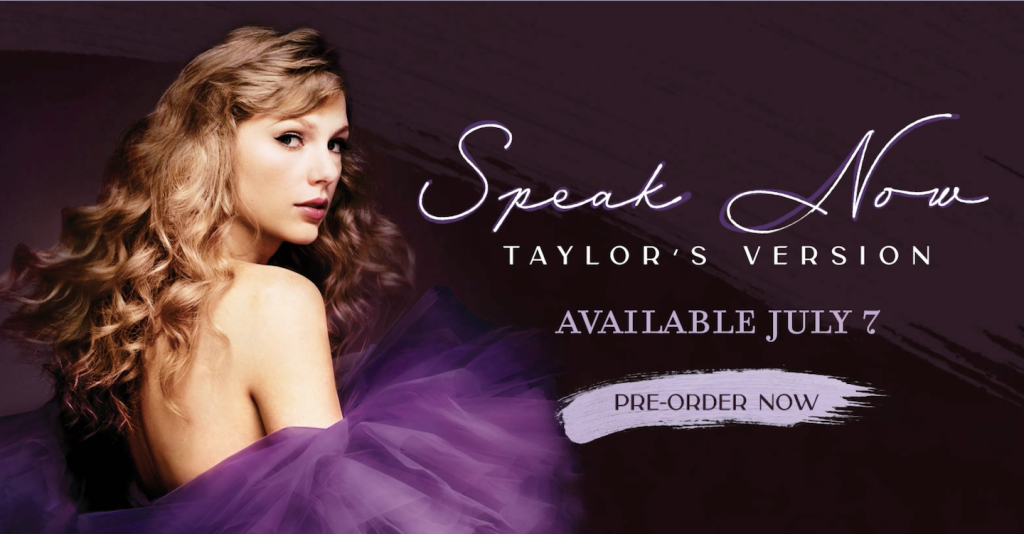
Since 2021, Taylor Swift has been re-releasing her first six studio albums. In April 2021, she dropped her first re-release, Fearless (Taylor’s Version). Then in November, she re-released her fourth studio album, Red. Many fans have been speculating when and where she would announce the next re-recording.
On May 5th, Swift was having her first night of a three-night residency in Nashville as part of her Eras Tour. During the show she paused and said she had an announcement. Met by thousands of screams, Swift announced that her next re-recording would be Speak Now.
Fans were ecstatic, flocking to social media to share the news. With a release date of July 7th, fans won’t have to wait long to hear the new take on beloved songs.
While there is a growing excitement for Swift’s re-recordings, you may be asking yourself, why? Swift’s oldest album is not even twenty years old yet. It may seem like it’s too early for her to be re-releasing her music. The reasoning behind it all involves a bad record deal and an issue far too many artists face: the ownership of their masters.
Part I: Fifteen
In 2005, Taylor Swift was a fifteen-year-old girl with a dream of making it big. She was approached by Scott Borchetta, the then owner of Big Machine Records. He offered her a thirteen-year record deal. As part of this deal, Swift would receive a cash advance for each album she produced. In return, Big Machine would own her masters.
A Master, in music, is the original sound recording of a song. When you listen to a song on the radio or stream on your phone, you are typically listening to the master recording. The person getting paid for each play is the owner of the master.
Not knowing much about the industry at the time, Swift signed the deal. Under Big Machine she released six albums: Taylor Swift, Fearless, Speak Now, Red, 1989, and Reputation. These albums would go on to be commercial and critical successes, building Swift into the international superstar that she is today.
It’s important to note that, while Swift didn’t own her masters, she did retain publishing rights for her music. Publishing rights are the rights to the composition of a song, this includes the lyrics and the musical composition itself. Since Swift writes her own music, she was entitled to the publishing rights of all of the music she had released.

Part II: The Man
In 2018, Swift’s contract was expiring with Big Machine Records. At this point, Swift was a seasoned vet in the music industry. She knew that her current contract with Big Machine Records wasn’t ideal for renewal, so she signed with Republic Records. Knowing the worth that a master can have for an artist, Swift made sure in her new contract that she would own all of her future masters.
June 2019 brought about a big change for Big Machine Records. Less than a year after Swift left BMG, it was announced that Scooter Braun had purchased the label. If you’re thinking that name sounds familiar, you may know him as the manager for artists such as Justin Bieber and Ariana Grande. His roster of successful artists is wide ranging, even including Ye at one point, back when he was still going by Kanye West.
The announcement of Braun’s acquisition of Big Machine was a surprise to many, including Swift. She knew Borchetta had planned on selling Big Machine, but she was unaware that Braun was a potential buyer. As part of this deal, Braun was now the owner of Swift’s masters, and she was not happy about it.
When the news broke, Swift did what many people do when faced with bad news, she turned to social media to vent. On her Tumblr she posted a statement about how she felt about the situation (click here to read the post ). In her post, she gave more insight on the deal Borchetta offered her to regain ownership of her masters. She was not offered the ability to buy her masters outright. Instead, she would have to ‘earn’ them. For each album she released under this new contract, she would regain ownership for one album’s masters, essentially requiring her to produce at least six more album under Big Machine if she wanted to own the masters. Knowing that Borchetta was about to sell Big Machine made the decision that less favorable for Swift, as her musical future would have been put in the hands of whoever bought the company. Along with detailing the deal she was offered, Swift also noted in her post the disappointment she felt over Braun’s ownership.
Part III: Look What You Made Me Do
For years Taylor Swift has had public disagreements with the artist formerly known as Kanye West. In 2008, he interrupted her VMA accepted speech, sparking years of internet virality and debate. In 2016, West referenced the incident in his song ‘Famous’. The references to Swift in both the song and in the music video upset Swift, and she was openly vocal about not giving her approval of the references. At the time, a snippet of a phone call was released supposedly showing Swift’s approval of the lyric. In 2020 it was revealed that Kanye did not tell the full lyrics to Swift and she, in fact, did not approve the lyrics being used. That being said, this was four years after she faced online harassment for rebutting the legitimacy of the call that was released.
Around the time that Swift was being accused on approving the lyric, Braun had taken on representing Kanye. According to Swift’s Tumblr post, she noted that Braun had two of his other clients bully Swift about the situation online. She wrote that whenever she spoke to Borchetta about Braun, it was never in a positive manner. Swift was hurt that Borchetta would sell his company, and all of her released work at that point, to a man who did not respect her.
Aside from the personal disputes that Swift had with Braun and Borchetta, Swift had alleged that Big Machine blocked her from using her music. In 2019, Swift was chosen as Artist of the Decade at the American Music Awards. She had planned to do a medley of her songs but posted a statement that Braun and Borchetta were refusing to let her do so. (Click here to read the post.) They claimed that her performance would be her re-recording the songs, which she was not allowed to do until at least 2021. She also stated that they were pushing back on the use of her music in her upcoming 2020 documentary, Miss Americana. They must have come to some agreement, as Swift performed a medley of ‘I Knew You Were Trouble’, ‘Love Story’, and ‘Shake It Off’.
To add insult to injury, Big Machine released Live From Clear Channel Stripped 2008. The album was released in 2020, twelve years after it’s recording. According to Swift, she did not approve the release of the album, once again noting the disregard Big Machine has for her.
Part IV: Long Story Short
Swift has been vocal that she plans on re-releasing all six of her past albums, keeping full ownership of her new masters. Her current two re-releases have been commercial and critical successes, breaking multiple records for streaming and sales. Thanks to the success of her re-releases, Swift was the global best-selling soloist, and highest earning musician, of 2021.
Her re-releases, while similar to the originals, each bring something new to the music. On Red, the original version of All Two Well is around five and a half minutes. This song received a revamp for the re-release, becoming All Too Well (10 Minute Version). It is the most streamed songs on Red (Taylors Version). Swift is both bringing out songs from her ‘vault’ and reinventing beloved classics, making this re-release more than just a copy and paste of something she’s already done.
As for Scooter Braun and Big Machine? They no longer own Swift’s masters. In 2020, Braun sold the masters to Disney’s investment firm Shamrock Holdings, on condition that he will still be able to profit from them.
There are many rumors about what is true and what is speculation in the Swift vs. Big Machine saga. Regardless, the conversation this feud has sparked has spread far past the pop music space. Questions surrounding intellectual property and music ethics have had renewed interest. Many young artists are becoming more aware of the rights that they can, and should, fight for when it comes to their music rights. The impact of these conversations have already started to be seen, and who knows the effect it could have in the future.

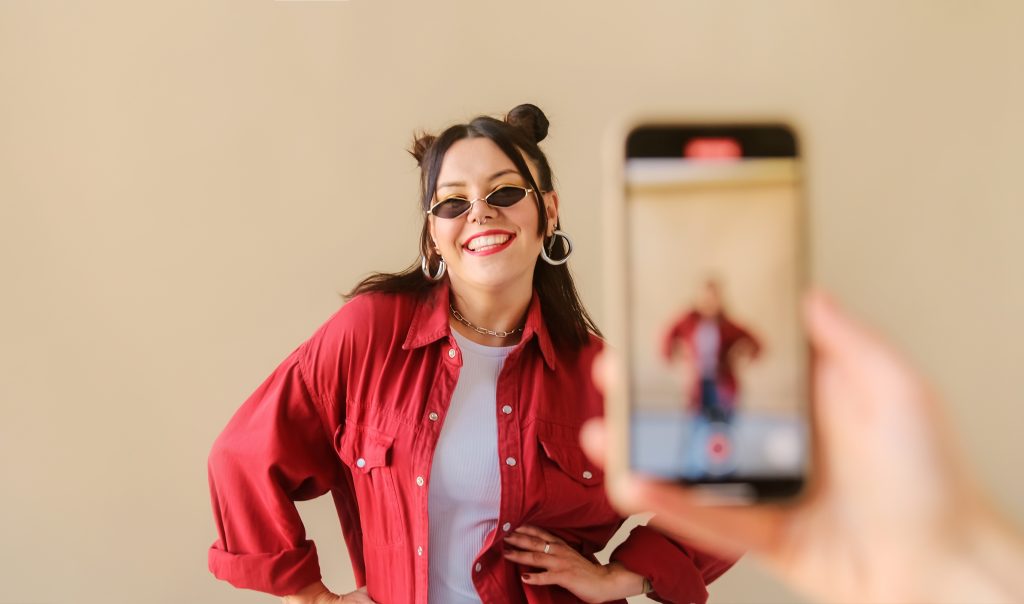
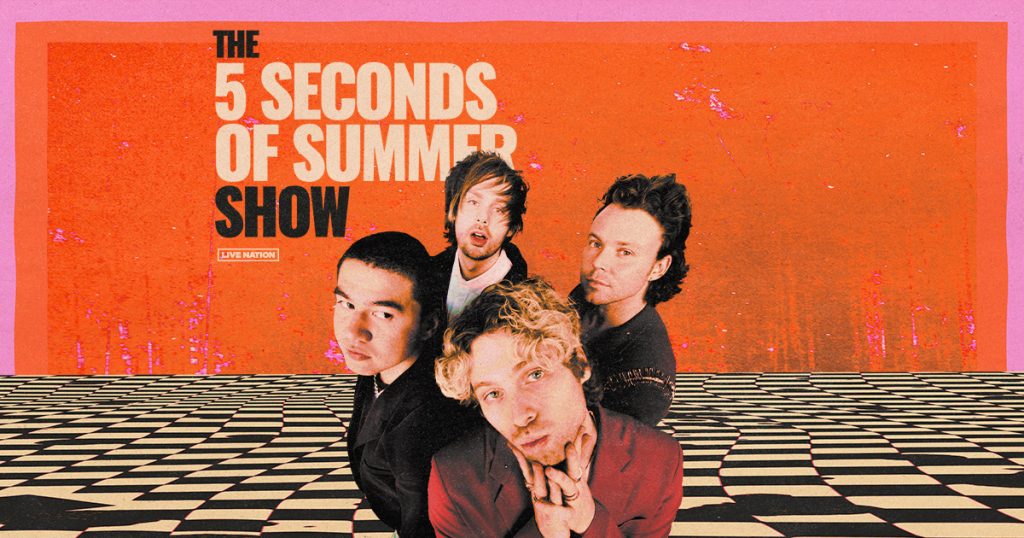
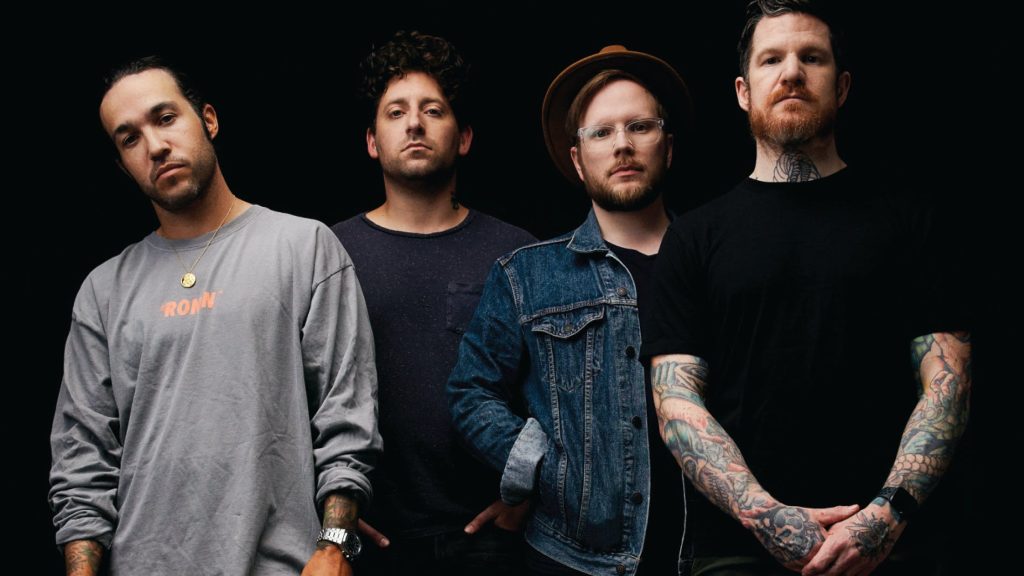
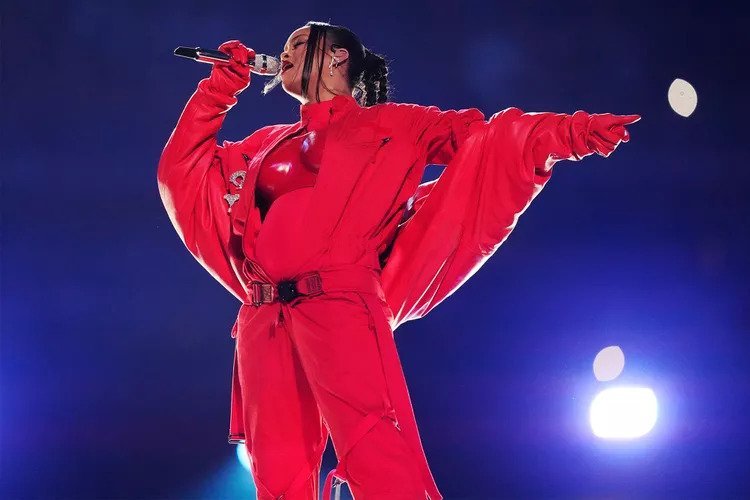

Responses